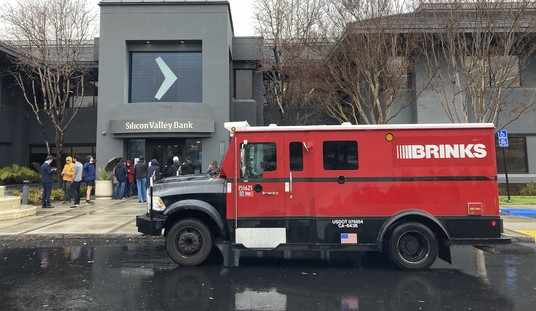The “pay freeze” on federal workers has always been a bit of a misnomer; throughout the freeze, workers have still been eligible for step increases and (rightly) increased pay for promotions. But, today, the White House officially ended the freeze with the announcement of a slight pay increased for federal government employees. Ed O’Keefe reports:
The White House will propose a 0.5 percent pay increase for civilian federal employees as part of its 2013 budget proposal, according to two senior administration officials familiar with the plans.
The modest cost of living increase in federal compensation would be the first pay jump for federal workers since before President Obama ordered a two-year freeze in late 2010.
The proposal, which requires congressional approval, differs from Republican plans supported by lawmakers and presidential candidates that would freeze federal compensation for at least one more year. In recent weeks, GOP lawmakers have called for extending the pay freeze as a way to pay for a payroll tax extension.
The increase is somewhat of a compromise position — less than the 3.6 percent cost of living adjustment that went into effect for Social Security and other benefits to keep pace with inflation and less than the 2.1 percent average increase in private-sector earnings in 2011. Still, the decision to bump federal pay is yet another move to pander to potential voters (that would be those federal workers!). Any increase is more than we can afford for two reasons. In the first place, Congress continues to debate the payroll tax cut extension (still a bad policy) — and paying for that cut with tax hikes elsewhere is counterproductive, so Republicans have suggested paying for it by continuing the federal pay freeze. Obviously, this increase alters that possibility. In the second place, federal workers are already highly overpaid. The Heritage Foundation’s James Sherk offers a helpful list of facts to anchor this debate:
- The average federal employee earns 57 percent greater cash pay and 85 percent greater total compensation (which includes benefits) than the average private-sector worker.
- This is an apples-to-oranges comparison because federal employees have more education and experience than private-sector workers.
- Controlling for observable skills and characteristics allows economists to make an apples-to-apples comparison between private-sector and federal employees.
- Doing so shows that the federal pay system gives the average federal employee hourly cash earnings 22 percent above the average private worker’s.
- Including benefits raises the average compensation disparity to between 30 and 40 percent.
- Federal workers receive automatic seniority-based raises irrespective of performance. President Obama’s suspension of the annual cost-of-living adjustment does not affect these raises.
- Despite these average pay differences, many federal employees are not overpaid. The General Schedule does not connect pay with performance. Many of the hardest-working and most highly skilled federal employees receive at or below market compensation.








Join the conversation as a VIP Member